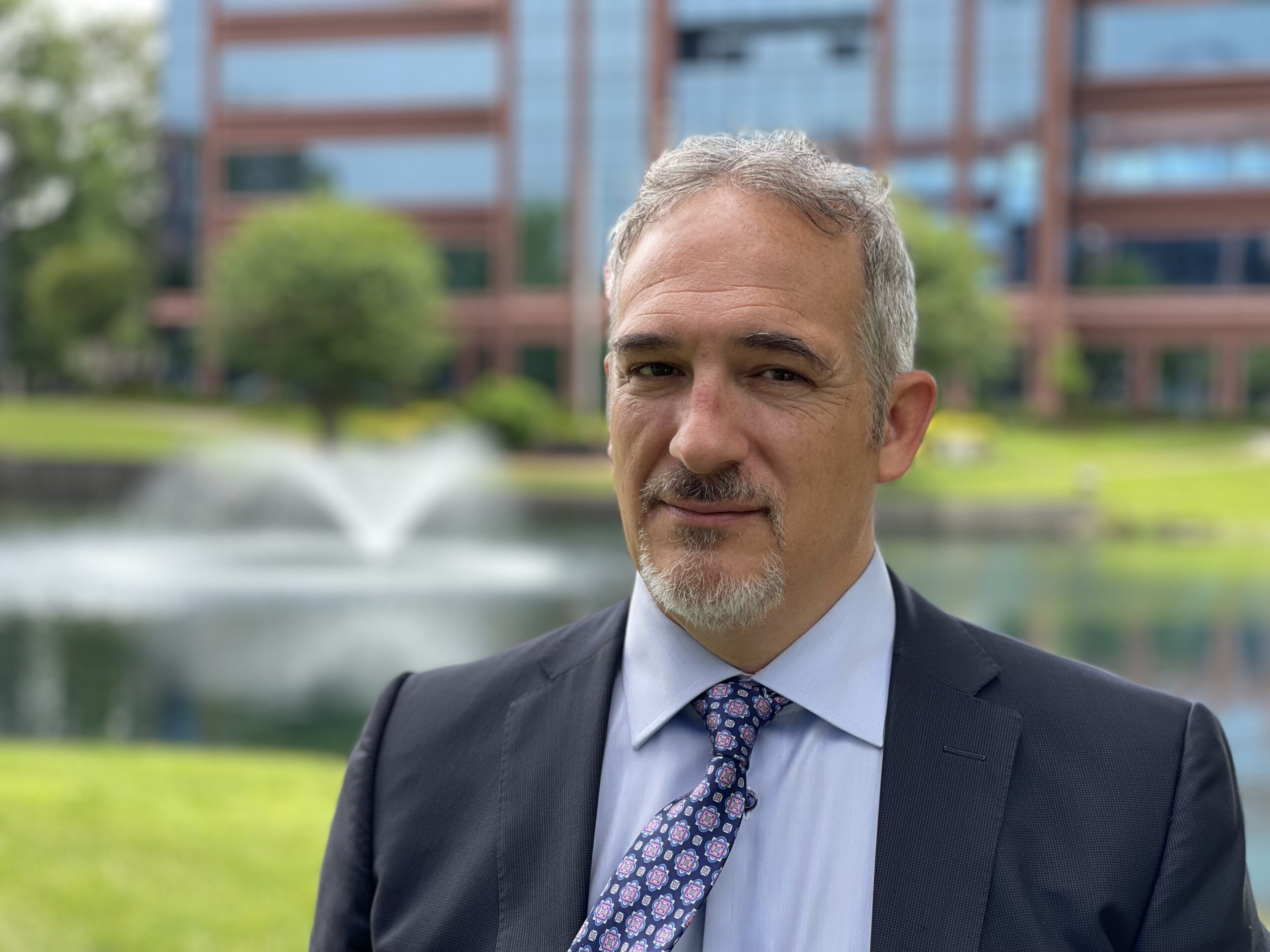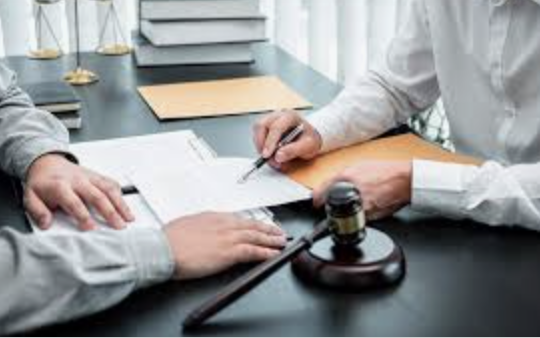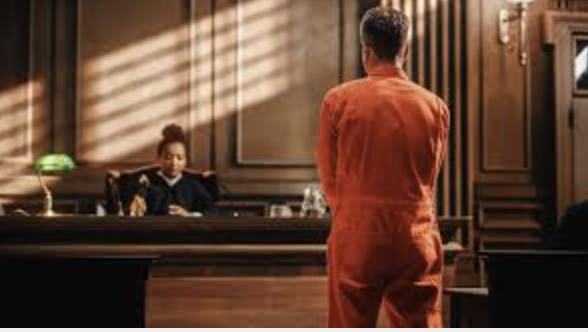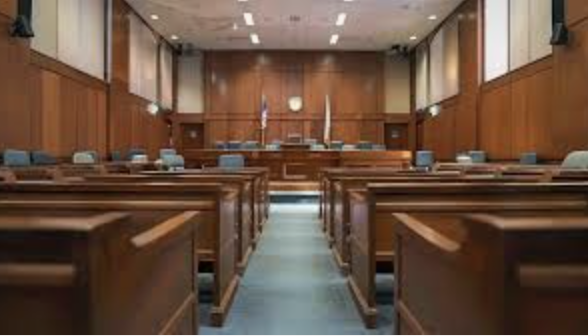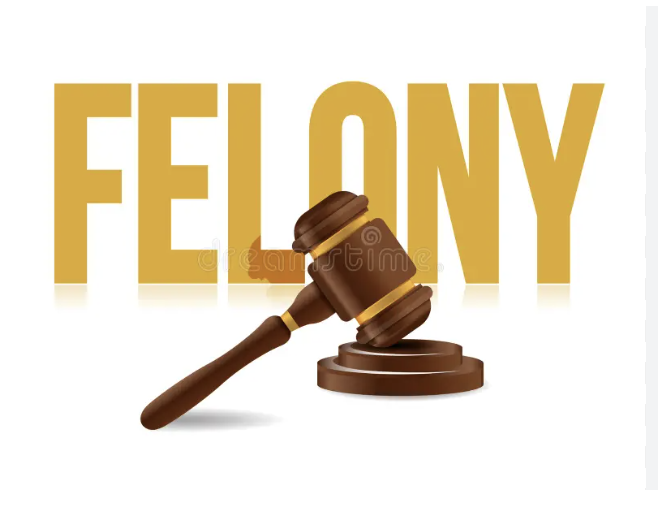Once a felony charge is filed, the next stage of the case determines whether it will move forward to trial in Circuit Court.
This stage can be confusing because Virginia uses both the General District Court and the Circuit Court for different parts of a felony case.
This guide breaks down what happens after the arrest and arraignment — from the preliminary hearing, to the grand jury process, to formal indictment.
A guide from Cardon Law.
This is general information, not legal advice. For personal guidance after a felony charge, call (757) 306-9060.
1) The Preliminary Hearing — The First Major Step in a Felony Case
If a felony charge began with a magistrate’s warrant (not a direct indictment), the case starts in General District Court for a preliminary hearing.
A preliminary hearing is a short court proceeding where the Commonwealth’s Attorney must show there is “probable cause” to believe the accused committed a felony.
It is not a trial — no jury, and no verdict of guilt or innocence.
At this hearing:
- The prosecutor may call witnesses such as police officers or victims.
- The defense can cross-examine witnesses and make limited arguments.
- The judge decides whether to certify the charge to Circuit Court.
If the judge finds probable cause, the case is “certified” to the Circuit Court grand jury for indictment.
If not, the judge can dismiss the charge — although the Commonwealth can refile later. (Double Jeopardy does not apply because there was not “trial” and the standard for the judge is “preponderance of the evidence” not “beyond a reasonable doubt.”)
The process is governed under Virginia Code § 19.2-183.
2) Waiving the Preliminary Hearing
In some cases, the defendant — usually through their attorney — may waive the preliminary hearing.
Reasons might include:
- Negotiating an agreement with the Commonwealth’s Attorney
- Avoiding early public testimony
- Simplifying transfer to Circuit Court when the defense knows the case will proceed anyway
Waiving does not mean admitting guilt — it simply skips the probable cause stage so the case can move forward faster.
3) The Grand Jury — Second Step Toward Indictment
After certification or waiver, the case goes before a grand jury in the Circuit Court.
As explained in Part 1, a grand jury is a group of citizens who hear the Commonwealth’s evidence privately to determine if formal charges should proceed.
- The grand jury only hears from the prosecutor’s witnesses — the defense does not participate.
- If they find probable cause, they return a “true bill” of indictment.
- The indictment officially transfers the case to the Circuit Court for trial.
This step is required under Virginia Code § 19.2-200 and § 19.2-191.
4) The Circuit Court Arraignment
Once the indictment is issued, the defendant will appear in Circuit Court for arraignment — even if there was one earlier in District Court.
At the Circuit Court arraignment:
- The indictment is formally read (or waived by the defense).
- The defendant enters a plea of “not guilty,” “guilty,” or “no contest.”
- The court sets future dates for motion hearings, trial, or sentencing, depending on the stage of the case.
If the defendant is out on bond, they will receive notice to appear. If in custody, they are brought to court by the sheriff’s office.
5) Possible Outcomes at This Stage
From this point, felony cases can take several directions:
- Trial in Circuit Court — by judge or jury.
- Plea agreement — negotiated reduction or dismissal of some charges in exchange for a plea.
- Amendment to misdemeanor — sometimes a felony is reduced if evidence doesn’t support the higher charge.
- Dismissal — rare but possible if evidence is insufficient or improperly obtained.
6) Why Legal Representation Matters Early
Felony procedures move quickly, and early mistakes can be costly.
Your attorney can:
- Challenge evidence at the preliminary hearing
- Negotiate bond and discovery terms
- Preserve your right to suppress statements or searches later
- Protect against improper grand jury or indictment procedures
Even before trial, strong representation can often change the trajectory of the case.
Quick Checklist: Key Stages After Felony Arrest
| ✅ Stage | 💡 What Happens |
|---|---|
| Preliminary hearing | Judge decides probable cause to certify case to Circuit Court |
| Waiver of hearing | Defendant agrees to skip hearing and proceed to grand jury |
| Grand jury | Citizens review evidence privately, decide on indictment |
| True bill / indictment | Formal charges issued, case officially moves to Circuit Court |
| Circuit Court arraignment | Defendant enters plea, trial or motions scheduled |
FAQ
Can the case be dismissed at the preliminary hearing?
Yes. If the judge finds there isn’t enough probable cause, the charge can be dismissed — though prosecutors can refile if new evidence arises.
What happens if the grand jury doesn’t indict?
The case ends unless the Commonwealth’s Attorney finds additional evidence and seeks a new indictment later.
Do I have to testify at the preliminary hearing?
Defendants rarely testify — your lawyer may choose to question witnesses instead to learn more about the Commonwealth’s case. (Any witnesses at the preliminary hearing can be cross-examined by the prosecutor, so putting on evidence at this stage is not wise.)
Can I get bond reconsidered at this stage?
Yes. After indictment, your lawyer can request a new bond hearing in Circuit Court under Virginia Code § 19.2-120.
Charged with a Felony in Virginia? Know the Process — and Have a Plan.
If you’re facing a felony charge, understanding what comes next can help you stay calm and make smart decisions.
At Cardon Law, we guide clients through every stage — from arrest to arraignment, preliminary hearings to trial — with clear communication and strong defense.
📞 Free Consultation: (757) 306-9060
📱 24/7 Direct to David A. Cardon: (757) 620-3283
Serving Virginia Beach, Norfolk, Chesapeake, Portsmouth, and Hampton Roads.
